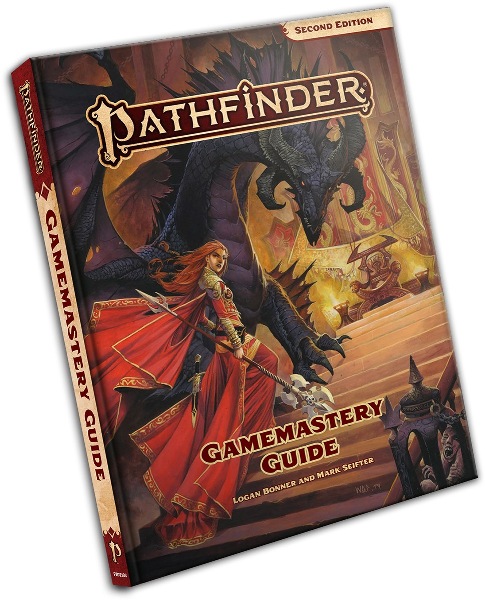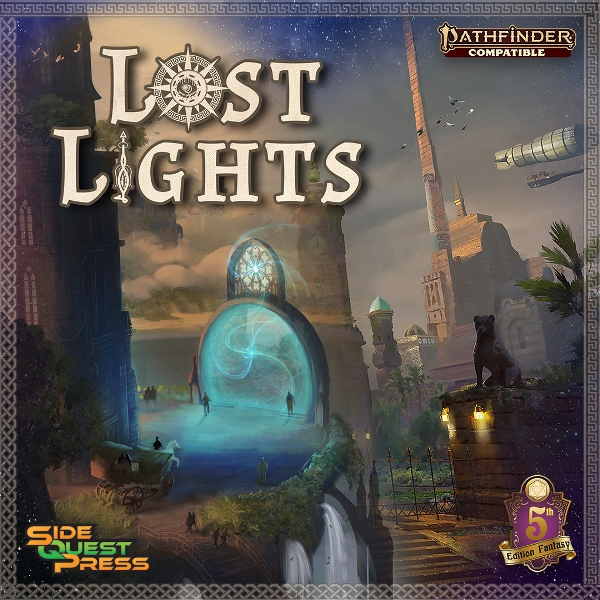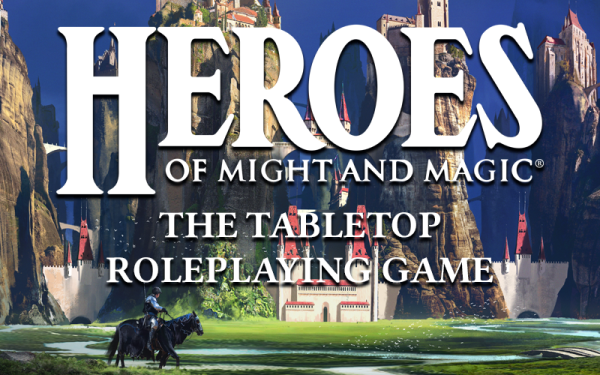Dungeons & Dragons and Philosophy: Raiding the Temple of Wisdom
Dungeons & Dragons and Philosophy: Raiding the Temple of Wisdom is part of the Popular Culture and Philosophy series. This book looks at Dungeons & Dragons as well as other universal aspects of fantasy RPGS from an academic philosophical standpoint compiled by Jon Cogburn and Mark Silcox.
By Cape Rust

Purchase Dungeons and Dragons and Philosophy: Raiding the Temple of Wisdom (Popular Culture and Philosophy)
Wow this book really challenged me, and it did it on quite a few levels. I have never formally studied philosophy so I was what some people would call “dual hating” this book. The first hat I wore while reading the book was that of a D&D player who wanted to see what academia had to say about D&D and my beloved gaming hobby. The other hat was that of a person trying to wrap my sick little monkey mind around some of the concepts of the study of philosophy. In the end, this book didn’t turn out to be as heavy reading as I thought it would be, but only if I tackled it in short bursts.
While our dirty little hobby has become much more main stream in the last few years, tabletop role-playing has still not been fully embraced by mainstream society and pop culture. Sure everyone knows of tabletop RPGs but most don’t know about tabletop RPGs. I always get excited when I see products like this as they let me know that there are outlets where a student could take a book like this and expose an educator to our beloved hobby through school assignments. This book provides people an opportunity to expose the rest of the world without seeming like the stereotypical gamer, geek or nerd.
This book really forced me to look at gaming concepts like alignment and race in a very different way and I’m hoping I’ll be a better GM for it. I was amazed at how many of our real world problems and issues we bring into fantasy games. We base fantasy races on real world races and discriminate against some of those races or create prejudices based on those races. Sure these tropes make good fodder for stories, but it was still an eye opener. Here is a great example, drow (dark elf) equals evil; sure there are a few minor exceptions, but we default to evil, underground, underdark, matriarchal society. We all know this happens and this book points some of these unspoken practices that we engage in. Here is another more subtle example; when we as gamers think of kobolds, orcs or skeletons; we default to low challenge rating sword fodder. But how fair is that to those poor creatures?
This book was broken into tiers like 4th Ed. D&D, which was clever. It is no secret that I am not a fan of 4th Ed. But the tier concept worked well in this venue. Thankfully for a person like me this book is actually a collection of articles rather than one long dissertation on philosophy and D&D. I found that in bite sized chunks I could digest and ponder this book. If I read more than a few articles at a time, things started getting fuzzy.
This book is not for everyone and in some ways it isn’t for anyone. If you are an RPG fan, you might not get exactly what you want out of this. If you are a student of Philosophy this might not be enough of an academic work to stimulate your inner so-crates (Thank you Bill and Ted)! There were several editorial errors that really should have been caught. Any of my editors can tell you that if I catch it then it is a problem. Some of the articles are better than others and depending on the individual some will resonate more with some readers than others. The quest for knowledge about RPGs will always yield positive results, even if the result is that you learn that you positively hate a system or concept. I applaud Cogburn and Silcox for putting this book together, but they did fall short in some places. This book has merit, but expectation management should be in full effect as results may vary.



